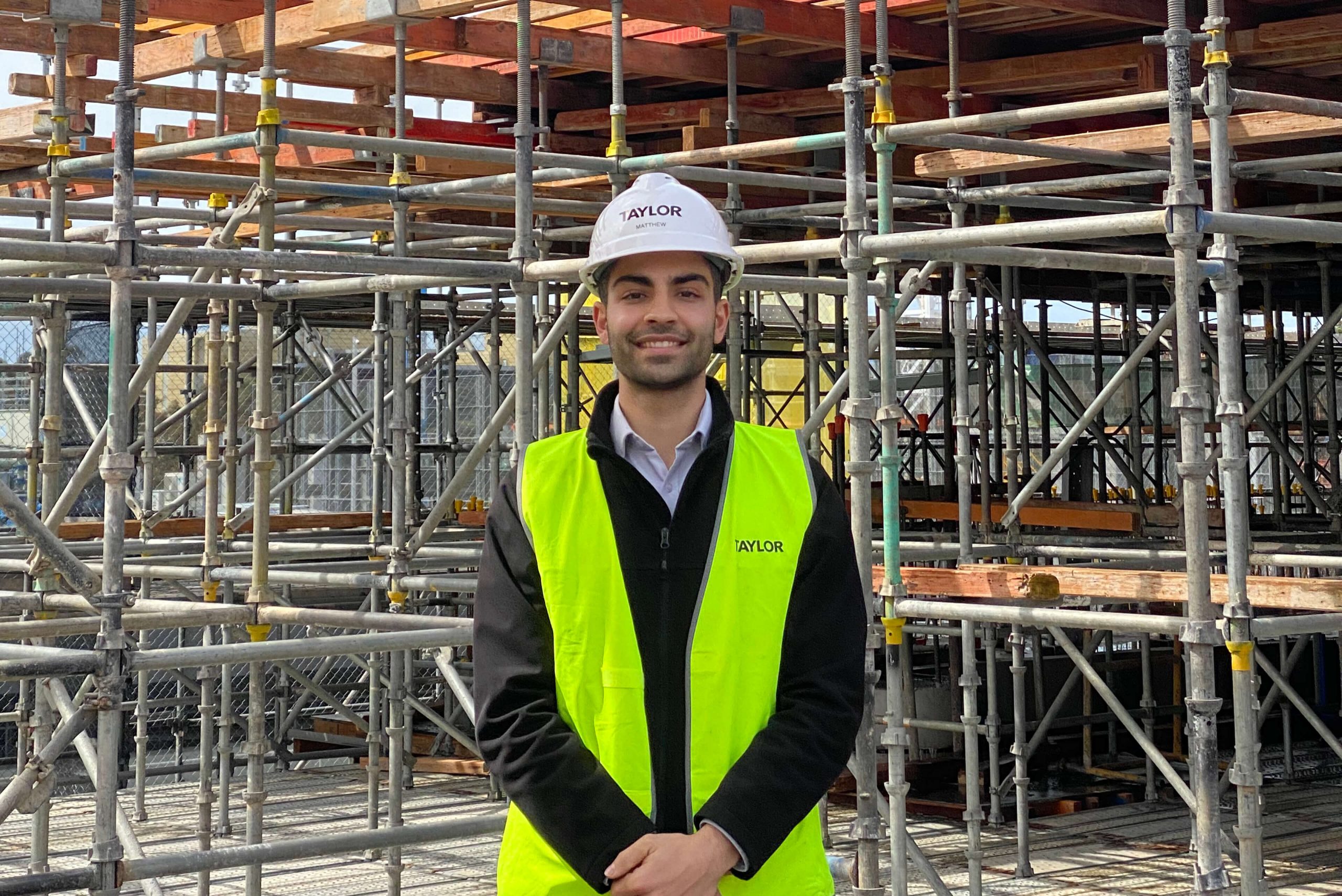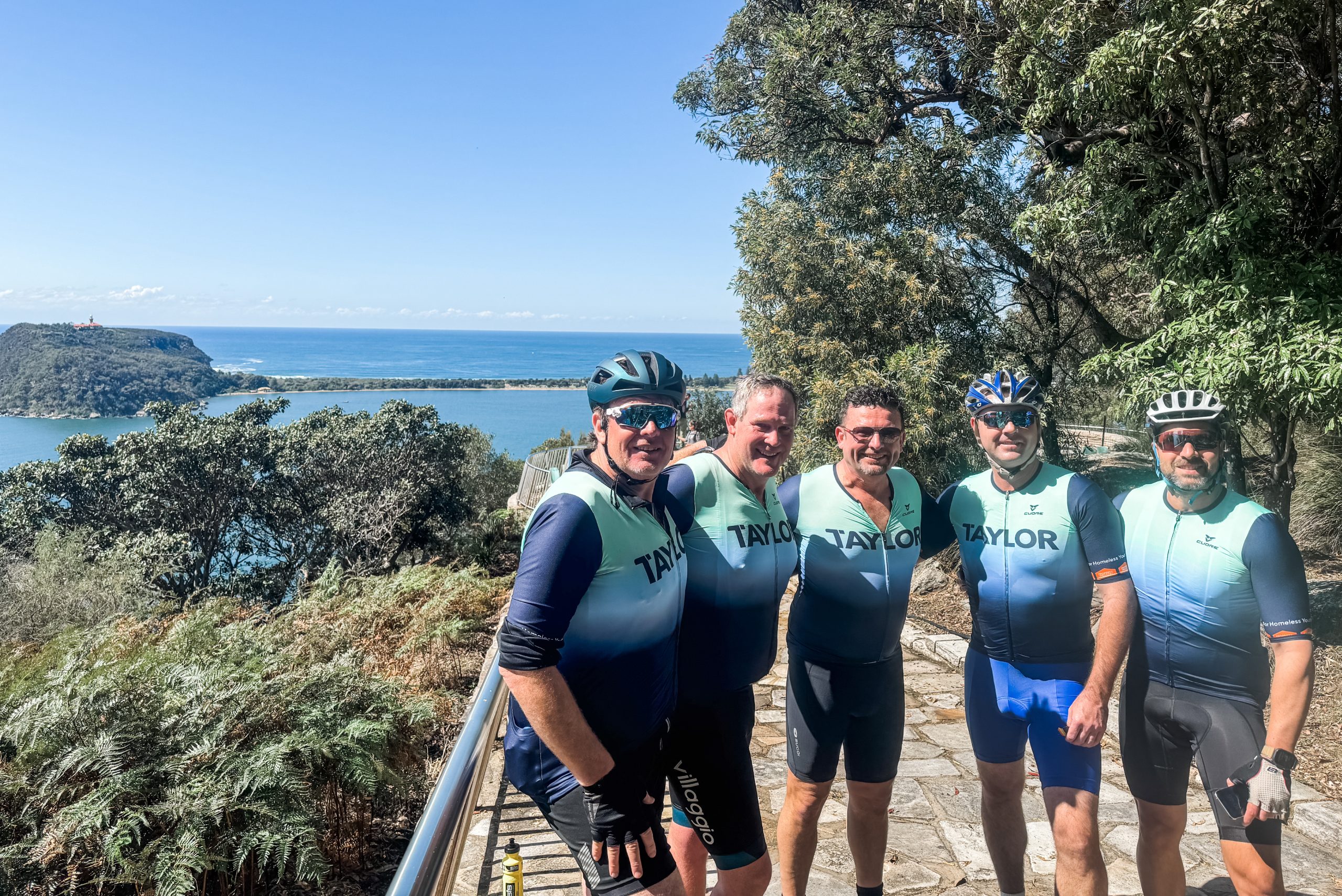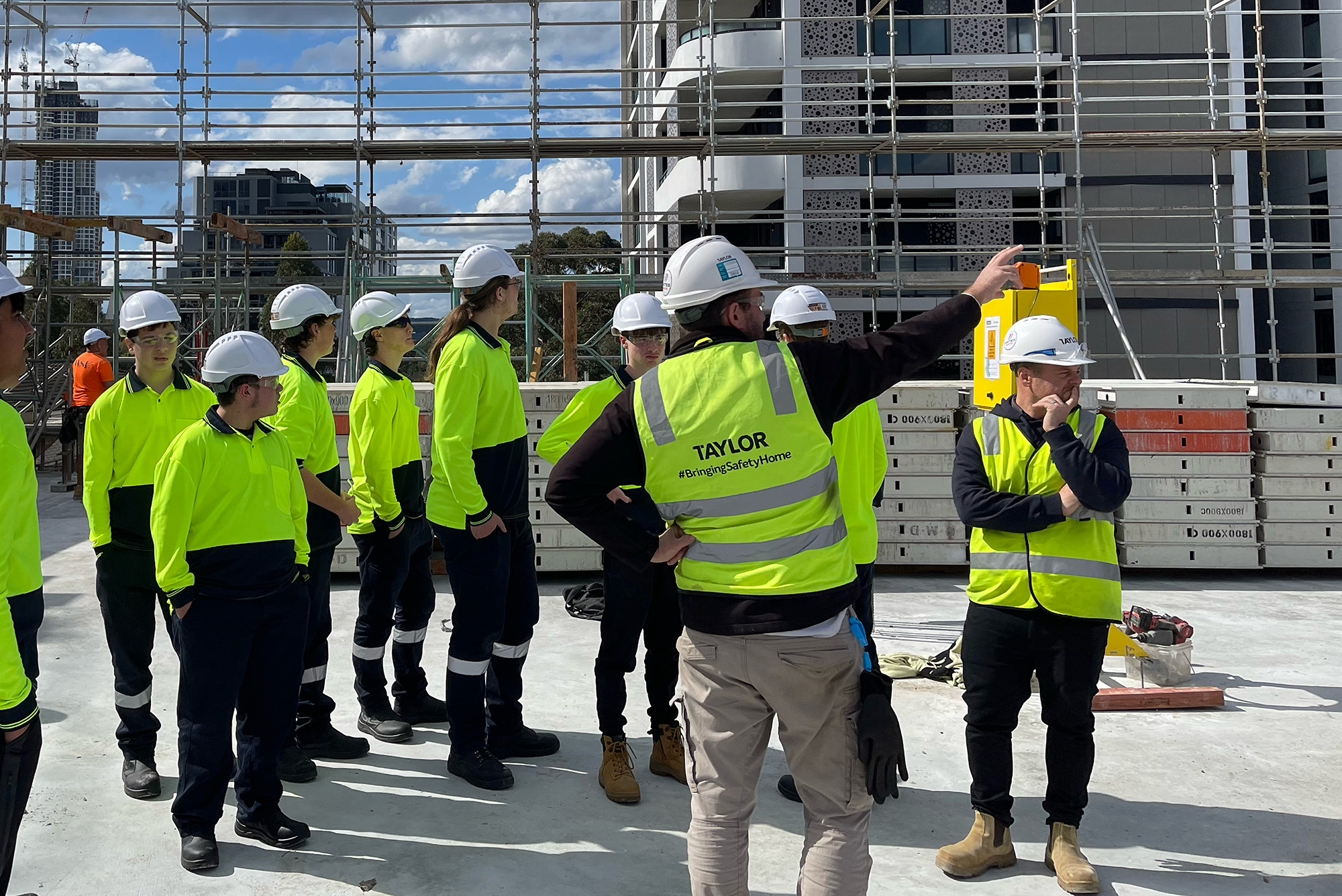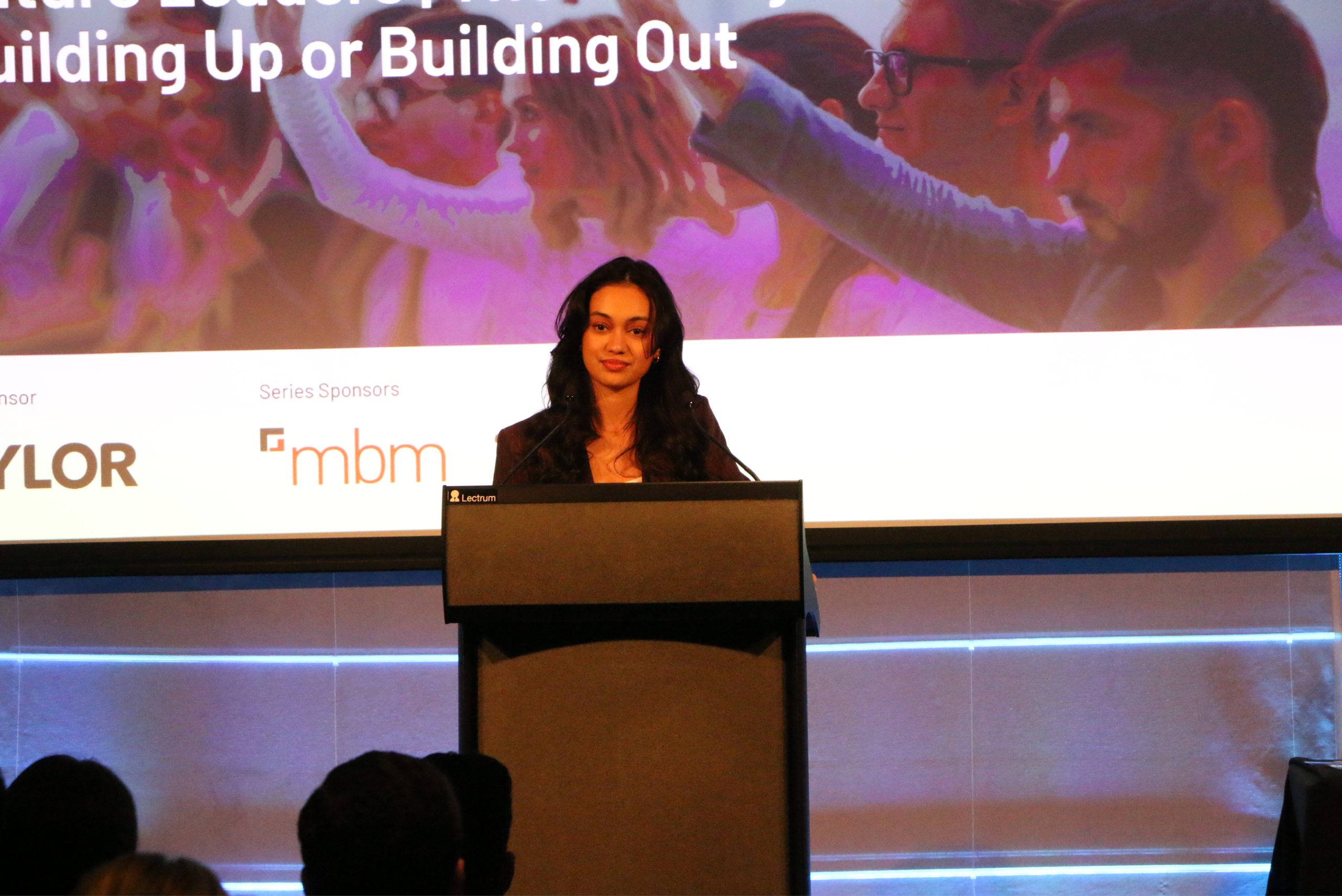The construction industry is well known for its fast-paced, dynamic, and often complex nature. To better understand these nuances and how they impact individuals working in the industry, Matthew Famularo, Site Engineer, examined the perceived stress and burnout of construction professionals as part of his final year research project. His findings highlighted that individuals perceive, and react, to stress and burnout differently due to their unique characteristics and situational context.
To better understand this, Matthew conducted an anonymous survey of fifty-eight construction sector individuals. His survey results indicated that the top workplace stressors were tight deadlines, increasing expectations, and long work hours. Interestingly he found that age played a role in shaping their perception of stress and burnout, and further that gender added additional stressors to the mix.
Those surveyed that were aged between 18 and 27 indicated that they felt they were more susceptible than their senior counterparts to psychological worry and persistent tiredness. Young workers can experience a feeling of culture shock when entering the industry due to its high work demands and often long working hours. It can certainly instantly tip the scale of work-life balance in the other direction! Females surveyed conveyed additional stressors not highlighted by their male counterparts regarding role ambiguity, managing sexual harassment, and managing the challenges of juggling demands at home and with those at work. Additionally, Matthew found his participants perceived that highly ambitious employees and those in supervisory roles were more likely to suffer higher levels of stress and burnout.
Mental health awareness and looking to improve the mental health of our employees by developing effective methods to prevent or manage workplace stress, are critical areas of focus for Senior Leadership in the industry right now. R U OK? Day is an opportunity to talk about issues of mental health, including the effects of workplace stress on mental health in the construction industry, and the wider workforce. The day plays a key role in building a better future. By bringing awareness to the issues of mental health and by acknowledging that we can all do our bit to help improve the outcomeswe can all make a difference.
By simply showing you care about your colleagues and friends – by giving them your attention and being a good listener – you help reduce their psychological stress. Basic kindness could be the cornerstone of a healthy and safe work environment.
Many thanks to Dr. Benson Lim and UNSW for their supervision of this research project, as well as those who partook in the study.










